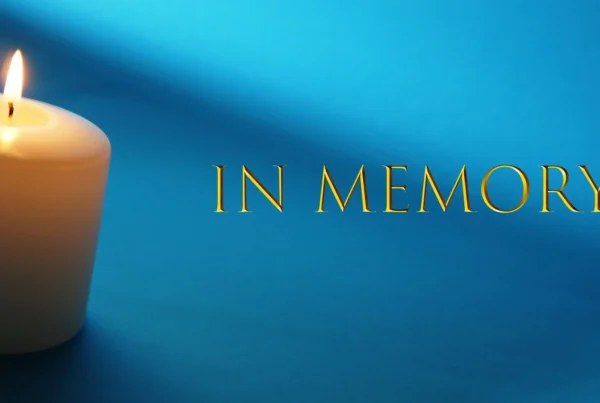The cancellation of televised sporting events and closure of sports clubs, gyms and leisure centres are trivial concerns as the number of deaths claimed by COVID-19 nationally and globally continues to rise.
Yet, for many of us, the moment the doors closed on these places last week was when the theoretical onslaught of the coronavirus pandemic became a personal reality and signalled an end to everyday life. Sport in many shapes and forms plays a central role in the lives of many, providing a routine and structure which has now been decimated. It can also provide an escape from the pressures and anxieties of life, imbuing us with a sense of purpose and control in a world in which we can feel powerless. For now, sport is a necessary sacrifice for the greater welfare of our society.
But there is a bigger worry still to be understood – what impact will this sacrifice have on our collective mental and physical wellbeing? In a nation where physical activity levels in certain communities are already among the worst in the developed world, the impact of a ‘lockdown’ on mental health and happiness cannot be ignored nor trivialised. The OSS is launching a wide-ranging investigation into the impact of the Coronavirus on various aspects of community sport activity across Scotland, in an attempt to throw light on short and long-term impact and provide some answers to challenges heading our way. OSS researcher TOM ROWE analyses research underlining the value of sport activity.
On Monday 23rd March, 2020, at 8.30pm, the government made a public service announcement imposing unprecedented new curbs on life in the UK in an attempt to reduce the transmission of the coronavirus. People were ordered to stay at home. They could leave their homes only for the following reasons: shopping for basic necessities, travelling to and from work that cannot be done at home, any medical need or to provide care to a vulnerable person. We were permitted only one form of isolated outdoor exercise a day, such as walking, running or cycling.
The Government’s inclusion of exercise as a reason for leaving the house recognised its essential contribution to physical and mental wellbeing, and there is plenty of research establishing the connection between physical exercise and happiness. A recent study from the World Happiness Index, published in The Times (20th March 2020), revealed that ‘experts found that exercising outdoors and gardening were associated with the highest feelings of exhilaration’. The study used data from around 500,000 moments of happiness recorded by 13,000 Londoners between 2011 and 2018, with participants scoring their level of happiness for each moment on a scale of zero to 100. Overall, running, exercising or taking part in other sports were associated with a seven-percentage point rise in levels of happiness.
A 2018 study from Yale University reached a similar conclusion, claiming those who exercised regularly felt bad on average for 35 days a year, whilst non-active participants of the same characteristics felt bad for 18 days more on average.
‘Interestingly, sport participation and physical exercise was shown to have a greater impact on happiness than financial income.’
The difference in mental health burden between individuals who participated regularly in team-based sports versus those who did not was approximately the same as between individuals with a difference in household income of more than $25,000. It turns out the route to happiness has less to do with the acquisition of more material things, and more to do with the quality of our experiences, with sport a prime example.
Prioritising focus on the impact of sport on happiness and wellbeing aligns with our values at OSS on community sport, with less emphasis placed on elite level competition and performance, and more on inclusivity and enjoyment. In the OSS 2019 participation report, researcher Nick Rowe stated our belief that ‘sport can bring joy, sense of purpose, wellbeing and social connectivity to people’s lives.’ The current crisis has made this more abundantly clear. Despite clear warnings from Government advisors, large chunks of the population flouted social distancing guidelines in order to enjoy the nice weather outdoors, flocking to parks and beaches with their families. Whilst the selfishness of these actions were condemned, it was understandable. The current constraints on our ability to go outdoors, to experience community through sport and exercise, is an attack on the source of empowerment, joy, pleasure and self-expression that sport and physical activity brings.
The coronavirus pandemic will most likely teach us a hard lesson about the value of sport in our community. As many of us adapt to a new way of living under social distancing rules, unfortunately sport must be pushed to the side, with all the negative consequences this will entail. It is crucial that, once we get through these worrying times, the value of sport and recreation is not consigned to an afterthought in public policy but grasped as a tool for rebuilding our society and ways of life.
To join the OSS team of researchers working on this project, or to support it in other ways, please contact David Ferguson – david@oss.scot.





Thought Piece from Charlie Raeburn for Reform Scotland